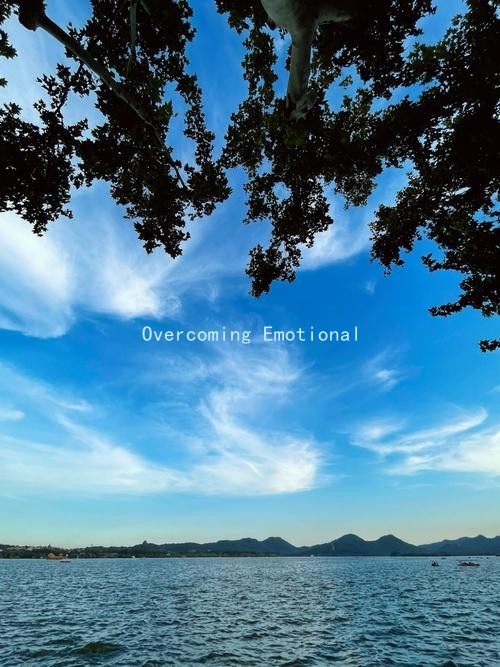Intersection of Love and Logic: Philosophical Insights for Couples
Intersection of Love and Logic: Philosophical Insights for Couples
Love, often portrayed as a purely emotional experience, is also deeply intertwined with logic and rational thought. Couples navigating the landscape of relationships may find themselves at a crossroads where heartfelt feelings meet strategic thinking. By understanding and integrating philosophical insights into their interactions, couples can enhance their relationship and foster a deeper connection.
1. Understanding Human Nature
Philosophy teaches us to dissect human nature and relationships. Plato’s ideas about love suggest that it is a pursuit of beauty and truth. Couples can utilize this perspective by seeking to understand not only each others surface traits but also the underlying motivations and needs. This understanding can transform disputes into dialogues, allowing partners to engage with empathy rather than defensiveness.
2. The Socratic Method: Asking Questions
One of the most effective ways to cultivate deeper intimacy is through dialogue. The Socratic method, known for its emphasis on questioning, can be applied to relationships. Instead of making assumptions about each other’s thoughts and feelings, couples should ask open-ended questions. This encourages a space where both partners can express themselves freely and be heard. For example, instead of asking, “Are you upset with me?” try, “Can you share how you felt when that happened?” This shift promotes constructive communication.
3. Aristotle’s Virtue Ethics: Striving for Balance
Aristotle’s virtue ethics highlights the importance of balance and moderation in achieving a fulfilling life. In relationships, this translates to the practice of balance between giving and receiving, love and logic, passion and stability. Couples should strive to cultivate virtues such as patience, kindness, and humility. Recognizing that love is not just a feeling but an action can help partners remain committed even during challenging times.
4. The Role of Forgiveness

Philosophers throughout history have emphasized the power of forgiveness. Rather than holding onto grudges or past grievances, couples should practice the art of letting go. This doesn’t mean condoning hurtful actions but understanding that every individual is capable of making mistakes. Implementing a forgiveness practice can lead to healing and a stronger bond, allowing love to flourish in a nurturing environment.
5. Constructing Shared Values
Having shared values is fundamental in any relationship. Couples can engage in philosophical discussions about what they value most in life—whether it’s family, career, freedom, or spirituality. By articulating and aligning their values, couples can create a joint mission that guides their decisions and strengthens their partnership. This strategic alignment of values fosters resilience in the face of life’s inevitable challenges.
6. Embracing Vulnerability
Philosophically, vulnerability is an essential component of true intimacy. By allowing themselves to be vulnerable, partners open doors for deeper connections and authentic communication. This, however, requires trust and the willingness to embrace uncertainty. Couples should create a safe space where they feel secure to express their fears, dreams, and disappointments.
7. Love as a Choice and Commitment
Finally, love philosophically extends beyond mere feelings; it is also a conscious choice and commitment. This perspective reminds couples that love requires effort, understanding, and intentionality. Just as relationships fluctuate with various life circumstances, the commitment to choose love every day, through actions and words, becomes a cornerstone for sustaining a meaningful partnership.
In conclusion, integrating philosophical insights into the realm of love and relationships can provide couples with powerful tools to navigate the complexities of human connection. By blending love with logic, couples can build deeper bonds, enhance communication, and foster lasting fulfillment in their partnership. The intersection of love and logic isn’t merely a balance; it’s a dynamic interplay that, when embraced, leads to a richer, more rewarding relational experience.





